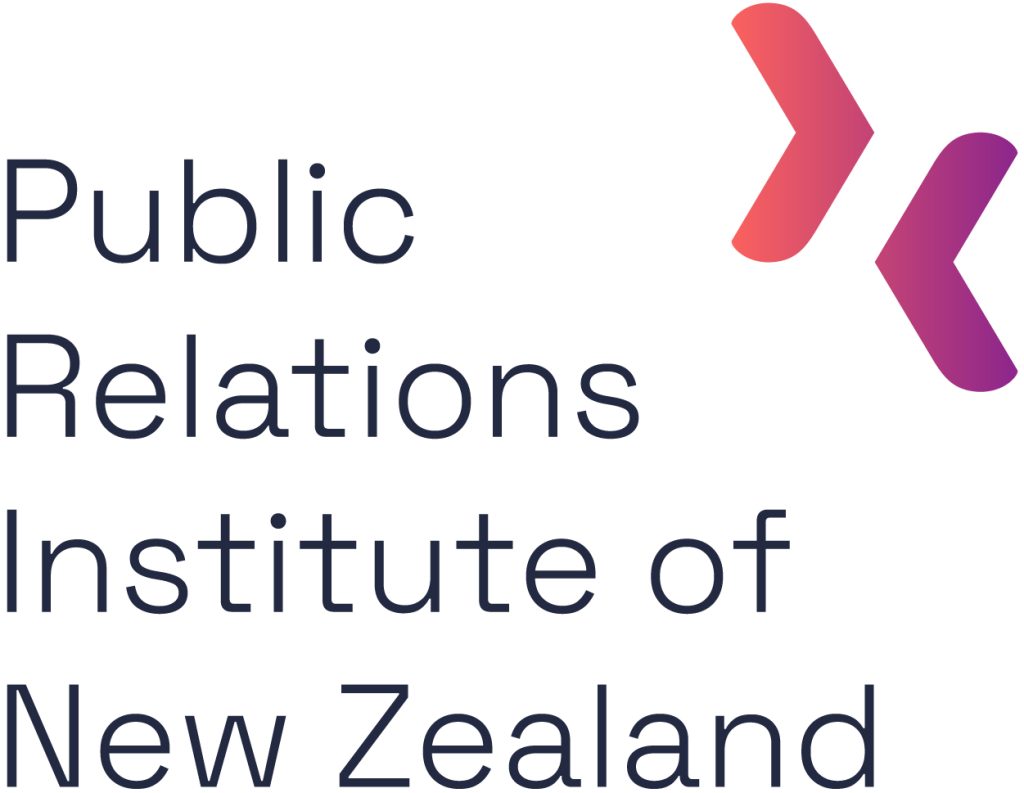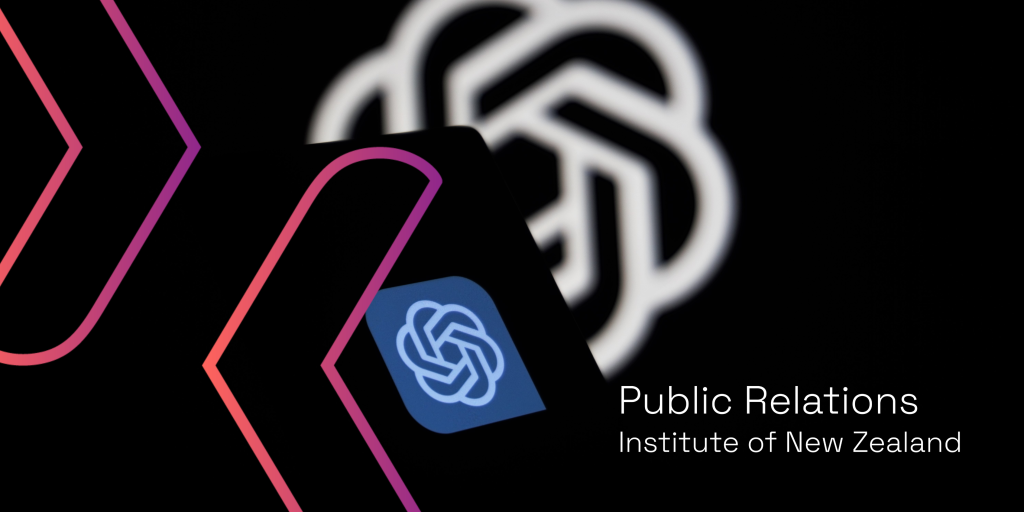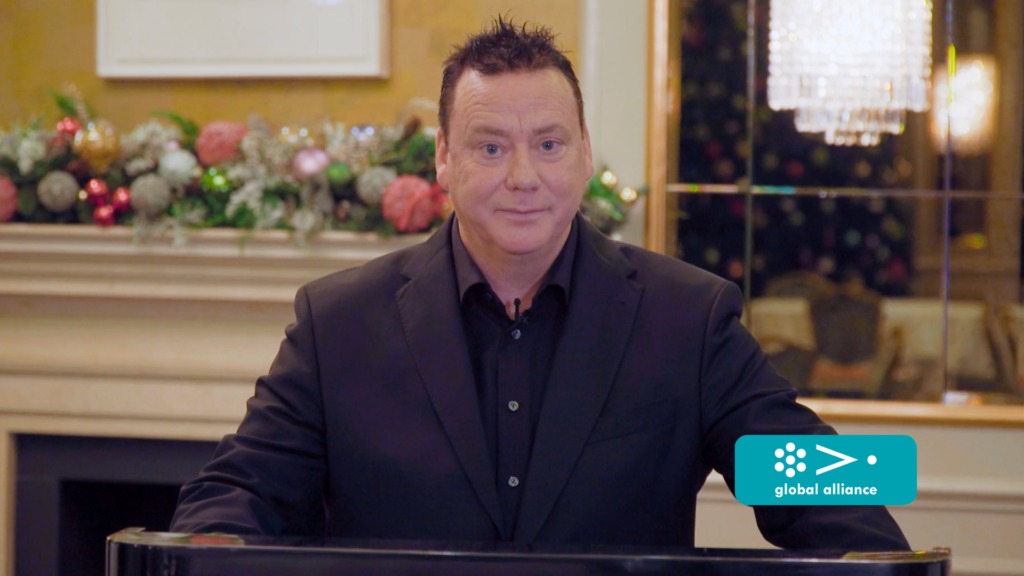The Perils of #PinkWashing for #Communicators – PRII
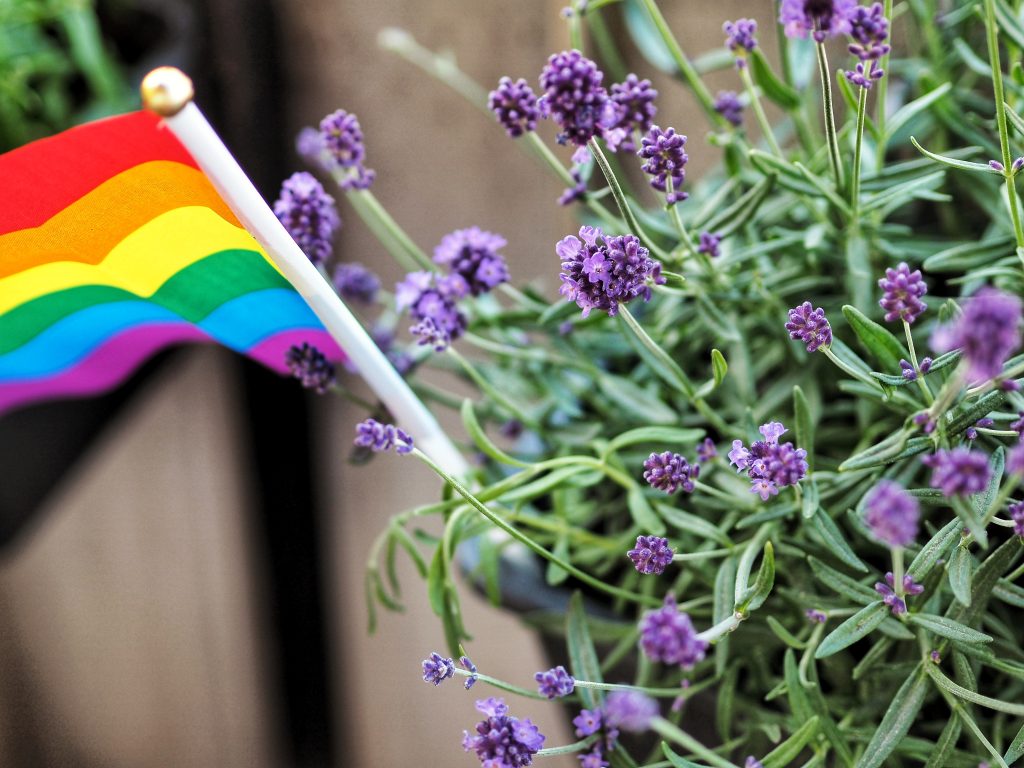
Published by Public Relations Institute of Ireland on 12/06/2023
The Perils of #PinkWashing
By David Geary, President, PRII and Sean Denyer, Chair, LGBT Ireland
As a nation, we can be proud to be the first country in the world to vote for equal marriage by popular referendum. Yet, the reality is the #LGBTQ+ community in #Ireland and around the world continues to face homophobia, harassment and violence, with ILGA Europe finding that 2022 was the most violent year in a decade for the community. Here in Ireland, some two-thirds of LGBTQ+ people have shared direct experiences of harassment and hate with LGBT Ireland.
As we celebrate Pride this month, many companies and organisations will be looking to show their support for the LGBTQ+ community. However, it’s important to ensure that this support is authentic. Pinkwashing, a term often used within the LGBTQ+ community to describe the use of imagery and messaging for marketing or promotional purposes without genuinely supporting the community or taking meaningful action to support LGBTQ+ rights – can in fact be detrimental to and undermine the ongoing fight for equality.
Before jumping into supporting pride initiatives, organisations should pause and reflect on their purpose and goals, asking themselves what they hope to achieve. If the aim is to amplify the voices of employees and customers, this could involve implementing diversity and inclusion training for managers, organising a pride morning at the office, or supporting a charity or pride event. By carefully considering their actions, companies can avoid the perils of pinkwashing and create meaningful and impactful engagement with the LGBTQ+ community.
Diversity and inclusion go beyond mere policies – they positively enhance the workplace. Organisations prioritising this area not only outperform competitors but also earn the trust of their employees and customers, setting a standard for others to follow. Diverse workforces drive creativity and innovation.
Representation really matters in the workplace as it fosters innovation, attracts and retains talent, improves workplace morale and allows companies to tap into new sources of creativity and innovation by empowering individuals with diverse backgrounds, skill sets, and perspectives.
How can we avoid blunders?
Unsurprisingly, it starts with the message itself. Take the time to ensure your campaign is truly inclusive and representative of the LGBTQ+ community in Ireland. Steer clear of tired stereotypes and tokenism, ensuring that campaigns are not solely aimed at the white gay male demographic. Including a diverse range of LGBTQ+ individuals and voices can not only help to avoid pinkwashing but genuinely help to promote diversity.
If in doubt, ask. Involve members of the LGBTQ+ community in your creative process. You could check in with a relevant organisation or charity, engage with any staff who identify as LGBTQ+, discuss with diversity groups internally or seek feedback from members of the community itself.
Take meaningful action
The truth is, if you want to avoid accusations of pinkwashing you need to take meaningful action to support LGBTQ+ rights and equality, year-round.
This might include donating to a worthy cause or charity, creating policies that support LGBT+ employees and customers, or supporting political initiatives that promote equality and challenge prejudice. In taking such action, companies and organisations show that their support is authentic, setting out their values and commitment to create a more inclusive and equal society.
Communication is key
In meeting the dual responsibilities of protecting the reputation of the business and seeking to showcase their values and commitment to equality, companies should encourage input from those working in a myriad of #communications roles in companies, who along with other staff members may be well placed to challenge inauthenticity.
There is a role too for employees to speak out and seek to engage in a discussion internally on the steps that can be taken to create an inclusive workplace.
There are numerous examples of companies getting this wrong – for example, changing their logo with rainbow colours but nothing else. Multinationals engaging with pride in countries in the Western world but keeping silent in countries where that visibility could be a powerful force for change.
On the flip side, there are examples where this has been done right. Organisations that have engaged with their staff and clients, who have taken steps to tackle issues internally, who have proactively sought to improve representation in everything they do and who have taken a zero-tolerance approach to hate in their workplaces. Aer Lingus for example financially support events such as #DublinPride but also established ProudFlies, an LGBTQ+ and allies network which aims to build an inclusive and open working culture.
Visibility matters. But doing it right is essential.
